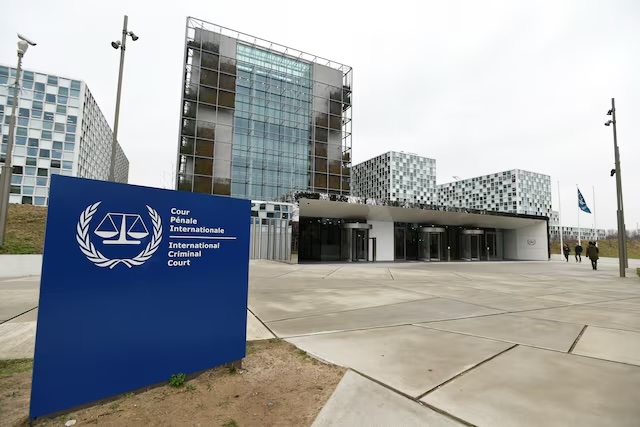
In a historic move, the Trump administration imposed sanctions on four International Criminal Court (ICC) judges following the court’s arrest warrant for Israeli Prime Minister Benjamin Netanyahu and a previous investigation into alleged U.S. war crimes in Afghanistan. The sanctioned judges—Solomy Balungi Bossa (Uganda), Luz del Carmen Ibanez Carranza (Peru), Reine Adelaide Sophie Alapini Gansou (Benin), and Beti Hohler (Slovenia)—were accused by U.S. Secretary of State Marco Rubio of participating in politically motivated actions against the U.S. and its allies.
The ICC condemned the move, calling it a threat to judicial independence. Human rights groups also criticized the sanctions, warning they undermine international law. The decision comes amid wider tensions as the ICC pursues cases involving Israel, Russia, Sudan, and others. Sanctions restrict the judges’ financial transactions, though temporary licenses allow for a wind-down period until July 8.
This escalation deepens the U.S.’s longstanding hostility toward the ICC and raises concerns over the rule of law and global accountability.